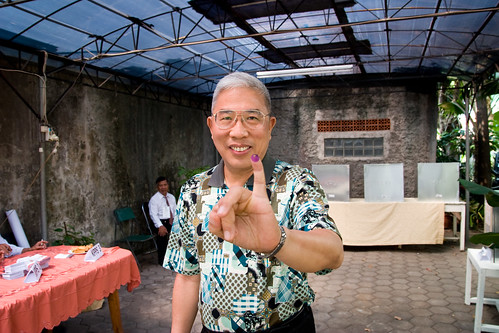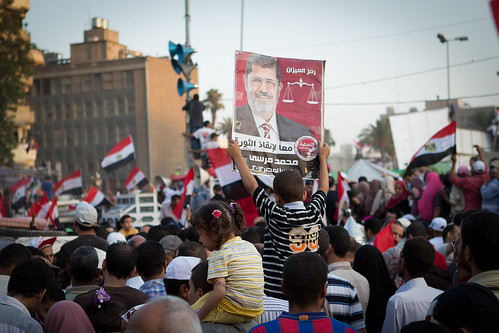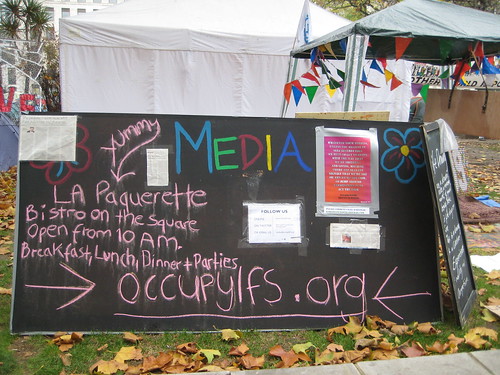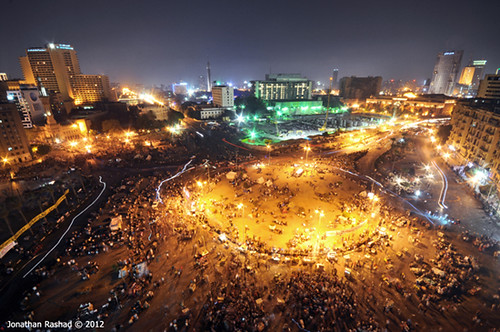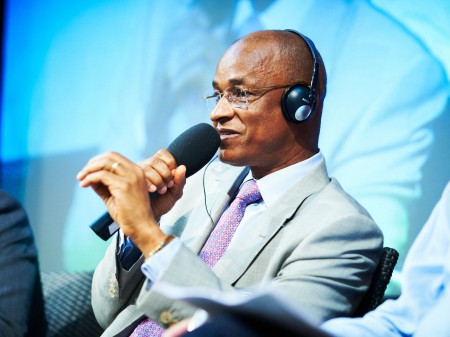
Guinea’s parliamentary election, to be held later this month, will establish a legislative assembly after almost five years without one, and formally complete a transition to civilian rule. But the long-overdue poll is fraught with political and ethnic tensions that analysts say hinder reforms and progress.
The legislative election was supposed to be held six months after the 2010 presidential poll that brought President Alpha Condé to power, but after protracted disputes between the government and the opposition, Guineans will instead vote on 24 September of this year.
Guineans remain sharply divided over Condé’s win in the run-off against opposition leader Cellou Dalein Diallo, and supporters on each side see the legislative poll as an occasion to demonstrate their party’s political weight. Many political leaders who backed Condé in 2010 are now supporting the opposition in the parliamentary election.

